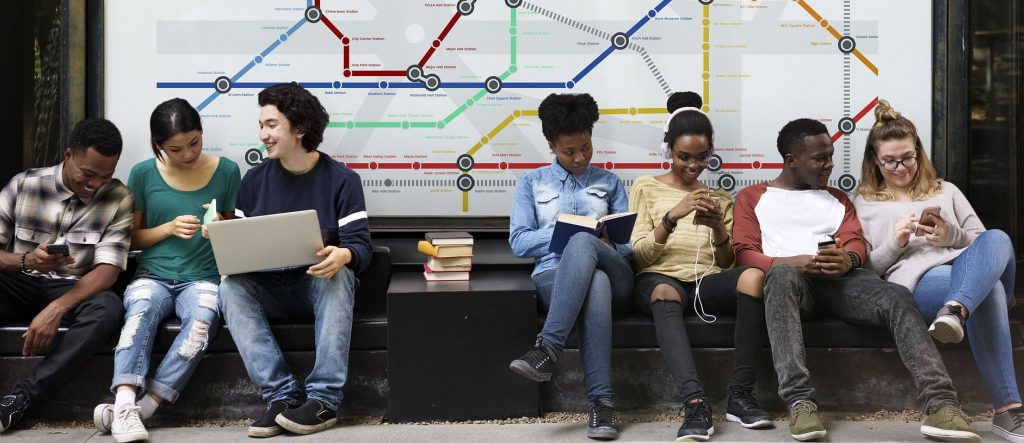
Program Description: Cooperative Learning (CL) is a framework within which teachers can apply the principle of positive interdependence to design their own group-based activities using existing curricula and learning materials. CL uses reciprocal teaching, peer tutoring, jigsaw, and other group-based activities where peers work together to maximize one another’s learning. The CL approach ensures the establishment of positive peer interdependence, individual accountability, explicit coaching in collaborative skills, a high degree of face-to-face interaction, and guided processing of group performance. The structured learning activities: (a) break down biases and prejudices among students that serve as barriers to social connection, and (b) provide a mechanism by which socially isolated students can establish positive relationships with peers. To achieve both of these ends, the approach asks teachers to incorporate opportunities for positive peer interaction through carefully structured group-based learning activities. This learning strategy may be used by teachers in any subject and as often as desired. In the Blueprints-certified study, students received the intervention during the 7th and 8th grades.
Results: Blueprints has certified one study evaluating Cooperative Learning. Van Ryzin and Roseth (2017, 2018, 2019a, 2019b) and Van Ryzin et al. (2020) conducted a two-year cluster randomized controlled trial in the Pacific Northwest in which 15 middle schools were randomized to the intervention or waitlist control group. The evaluation began with 1,460 seventh graders and rose to 1,890 students with the inclusion of additional eighth graders in the second year of the study. Compared to students in the control group, students in the intervention group reported lower rates of alcohol use, emotional problems, and bullying, and higher rates of relatedness (or close relationships with peers) and prosocial behavior.
Characteristics of Study Sample as Reported by Study Authors:

Cost-Benefits: To date, the Washington State Institute for Public Policy has not conducted a cost-benefit analysis of implementing Cooperative Learning.
References:
Van Ryzin, M. J., & Roseth, C. J. (2017). Enlisting peer cooperation in the service of alcohol use prevention in middle school. Child Development. Advance online publication. https://doi.org/10.1111/cdev.12981
Van Ryzin, M. J., & Roseth, C. J. (2018). Cooperative learning in middle school: A means to improve peer relations and reduce victimization, bullying, and related outcomes. Journal of Educational Psychology. Advance online publication. http://dx.doi.org/10.1037/edu0000265
Van Ryzin, M. J., & Roseth, C. J. (2019a). Effects of cooperative learning on peer relations, empathy, and bullying in middle school. Aggressive Behavior, 5, 643-651. doi:10.1002/ab.21858
Van Ryzin, M. J., & Roseth, C. J. (2019b). Cooperative learning effects on peer relations and alcohol use in middle school. Journal of Applied Developmental Psychology, 64, 101059.
Van Ryzin, M. J., Roseth, C. J., & Biglan, A. (2020). Mediators of effects of cooperative learning on prosocial behavior in middle school. International Journal of Applied Positive Psychology, 5(1), 37-52.
Read the Program Fact Sheet
